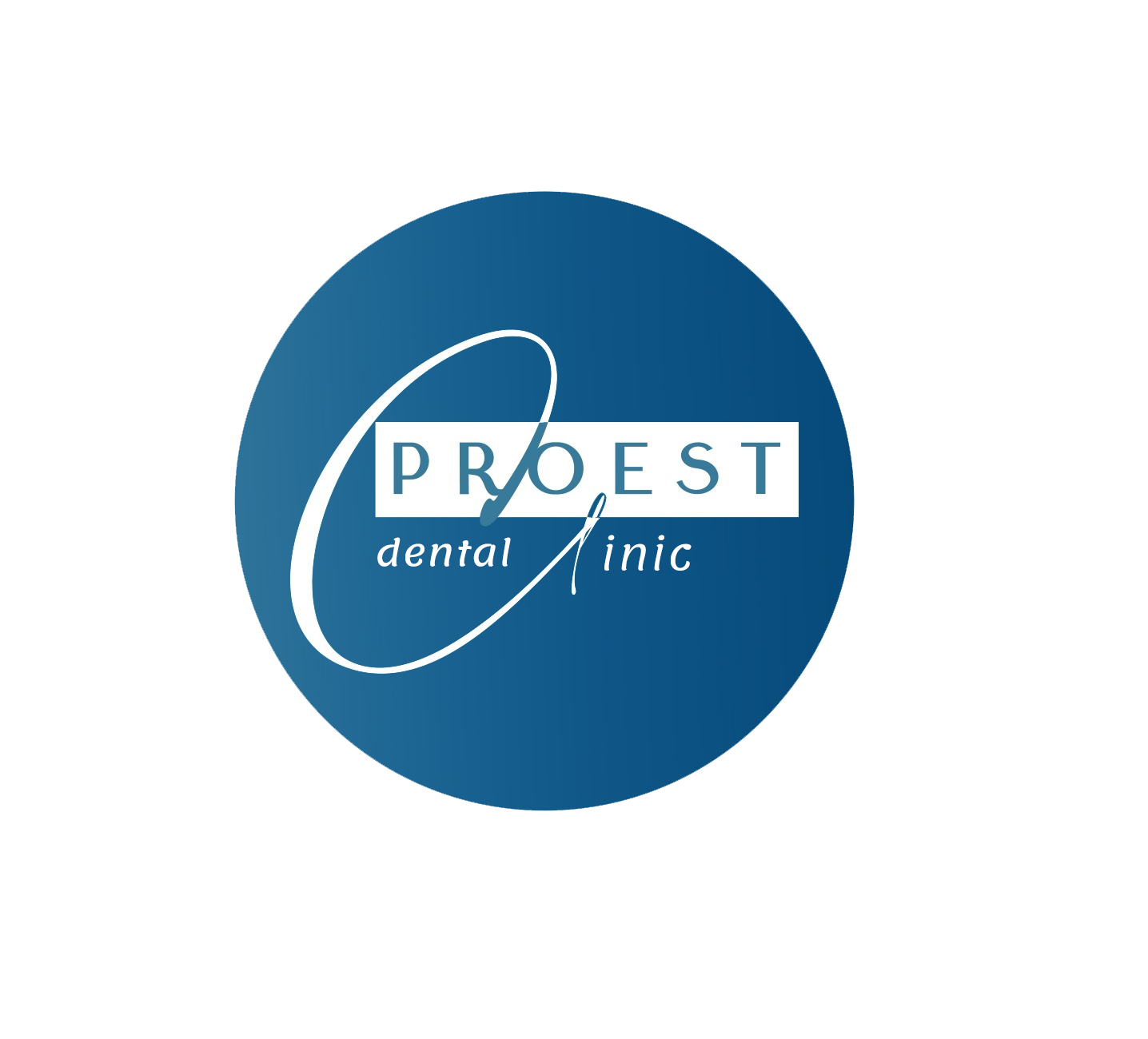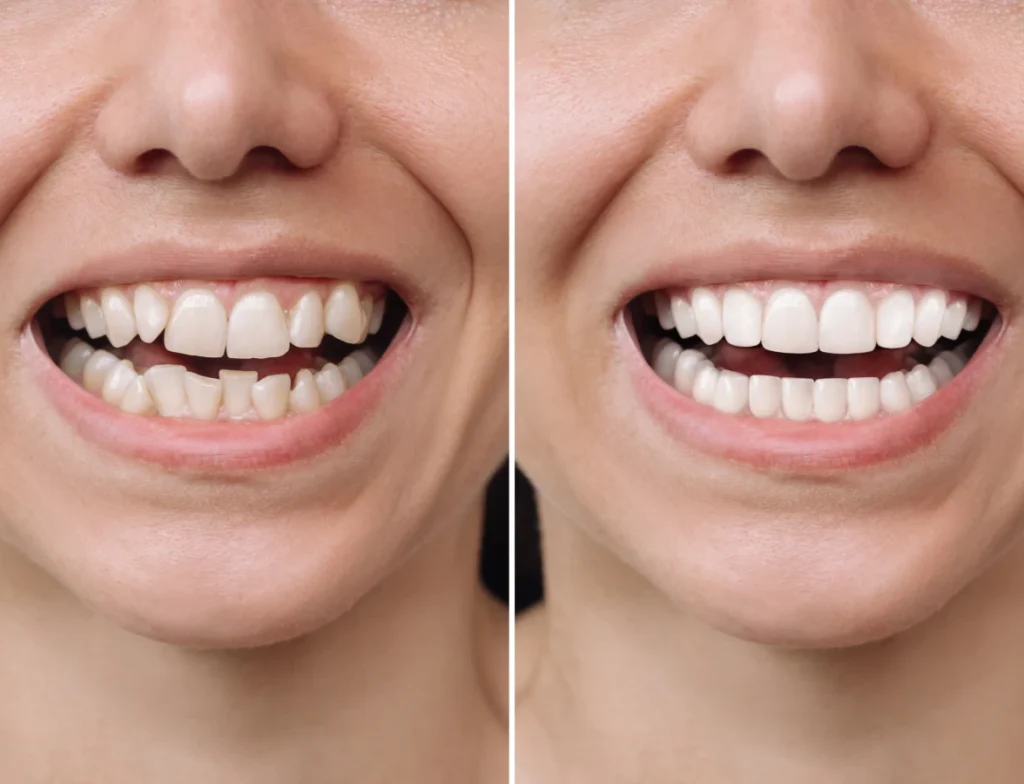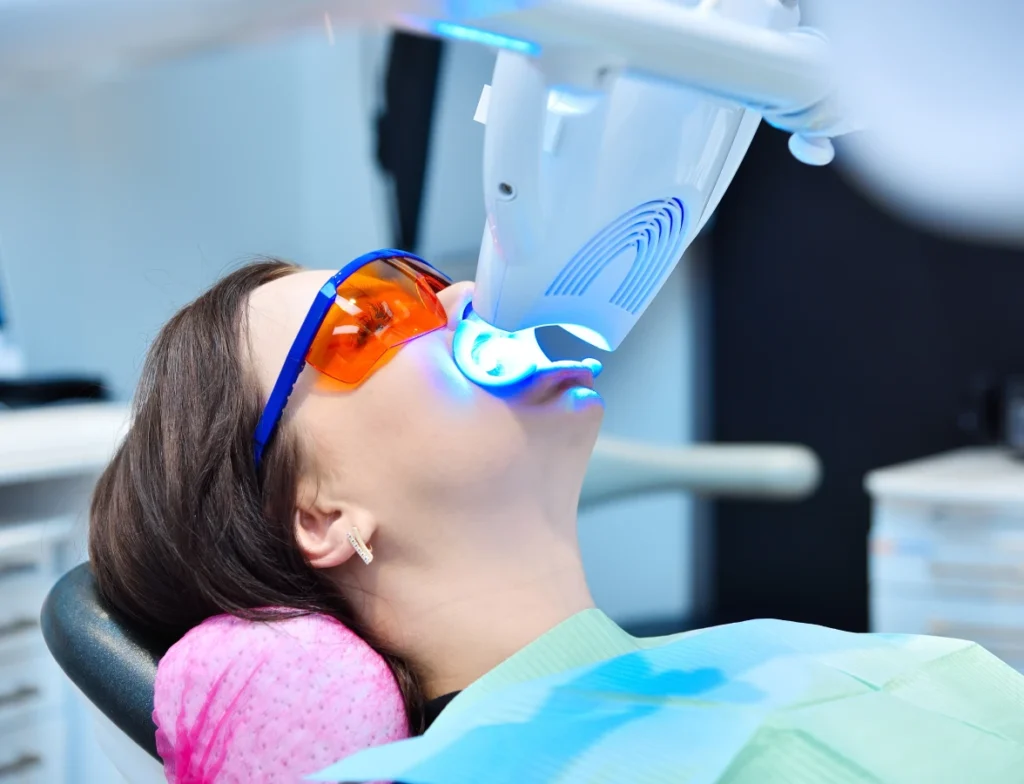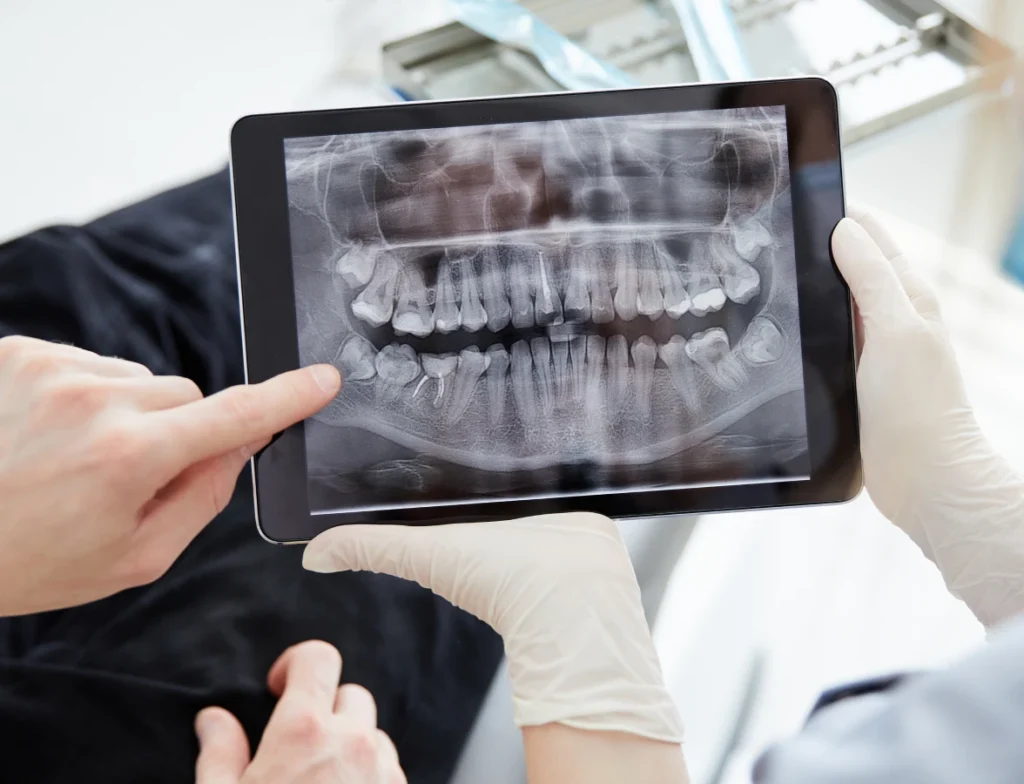Treatments
MAXILLOFACIAL AND DENTAL SURGERY
Impacted Teeth

Impacted Teeth refer to teeth that do not fully erupt into the dental arch, often due to a lack of space or improper alignment. This condition is most commonly seen with wisdom teeth, also known as third molars, but can occur with other teeth as well. When teeth are impacted, they may remain trapped within the jawbone or gums, leading to potential complications.
One of the primary issues associated with impacted teeth is pain and discomfort, as they can put pressure on adjacent teeth. Additionally, impacted teeth can lead to infections or cysts, which can damage the surrounding bone and teeth. Regular dental check-ups are essential for early detection of impaction, as X-rays can reveal the position of the teeth.
Treatment for impacted teeth often involves surgical extraction, especially if they are causing pain or dental issues. In some cases, orthodontic treatment may be necessary to guide impacted teeth into their proper position. Ignoring impacted teeth can result in more severe complications, including crowding of other teeth, misalignment, and ongoing pain.
Overall, maintaining good oral hygiene and visiting your dentist regularly can help manage the risks associated with impacted teeth and ensure a healthy smile.
get free appointment
The auto repair agency must have a comprehensive diagnostic service that covers all areas of the vehicle.
Call us now
+905497613505
Temporomandibular Joint Disease – TMJ
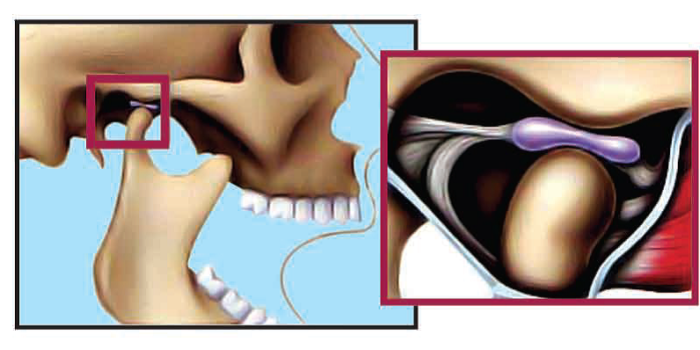
Temporomandibular Joint Disease (TMJ) refers to a group of disorders affecting the temporomandibular joint, which connects the jawbone to the skull. This joint plays a crucial role in everyday functions such as speaking, chewing, and yawning. TMJ disorders can cause significant pain and discomfort, often manifesting as jaw pain, headaches, and difficulty in moving the jaw.
The causes of TMJ disorders are varied and may include arthritis, jaw injuries, teeth grinding (bruxism), or misalignment of the teeth and jaw. Symptoms can range from mild to severe and may also involve ear pain, facial swelling, and a clicking or popping sound when opening or closing the mouth.
Diagnosis typically involves a thorough examination by a dentist or oral specialist, often accompanied by imaging tests such as X-rays or MRIs. Treatment options may include physical therapy, pain management techniques, dental splints, and in some cases, surgery.
Lifestyle changes, such as stress management and avoiding hard foods, can also help alleviate symptoms. Early intervention is essential to prevent the condition from worsening, making it important to seek professional help if you experience any TMJ-related issues.
Wisdom Teeth
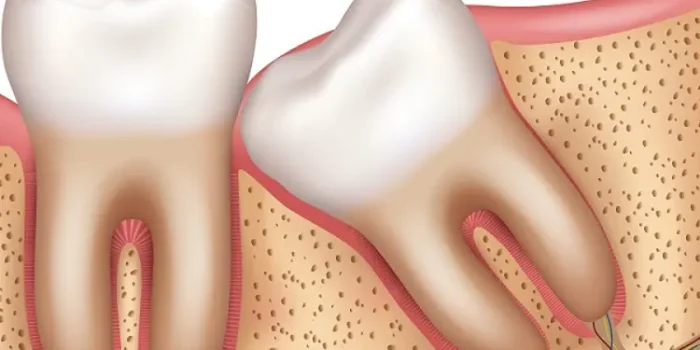
Wisdom Teeth are the third set of molars that typically emerge in late adolescence or early adulthood, usually between the ages of 17 and 25. Often referred to as “third molars,” these teeth were once essential for our ancestors who had a diet that included rougher foods, which required more chewing power. However, due to changes in diet and jaw size over time, many people no longer have sufficient space in their mouths for these additional teeth.
The lack of space can lead to various issues, including impaction, where the wisdom teeth remain trapped beneath the gum line, causing pain, swelling, and infection. In some cases, they may grow at odd angles, pushing against neighboring teeth and leading to misalignment or damage.
For these reasons, dentists often recommend monitoring wisdom teeth as they develop. If they pose a risk of complications, extraction may be necessary. The procedure is typically performed under local anesthesia, and recovery can vary from person to person.
While some individuals have no problems with their wisdom teeth and may keep them into adulthood, many opt for removal to prevent future dental issues. Regular dental check-ups can help assess the condition of wisdom teeth and determine the best course of action.
Portfolio cases
Pediatric Dentistry Triumph
Implant Dentistry Excellence
Invisible Braces Success Story
Overcoming Dental Anxiety: A Gentle Approach to Patient Care
Our Best Dentists






Newsletter
Follow our newsletter to Stay tuned
Emergency phone line:
+905497613505
